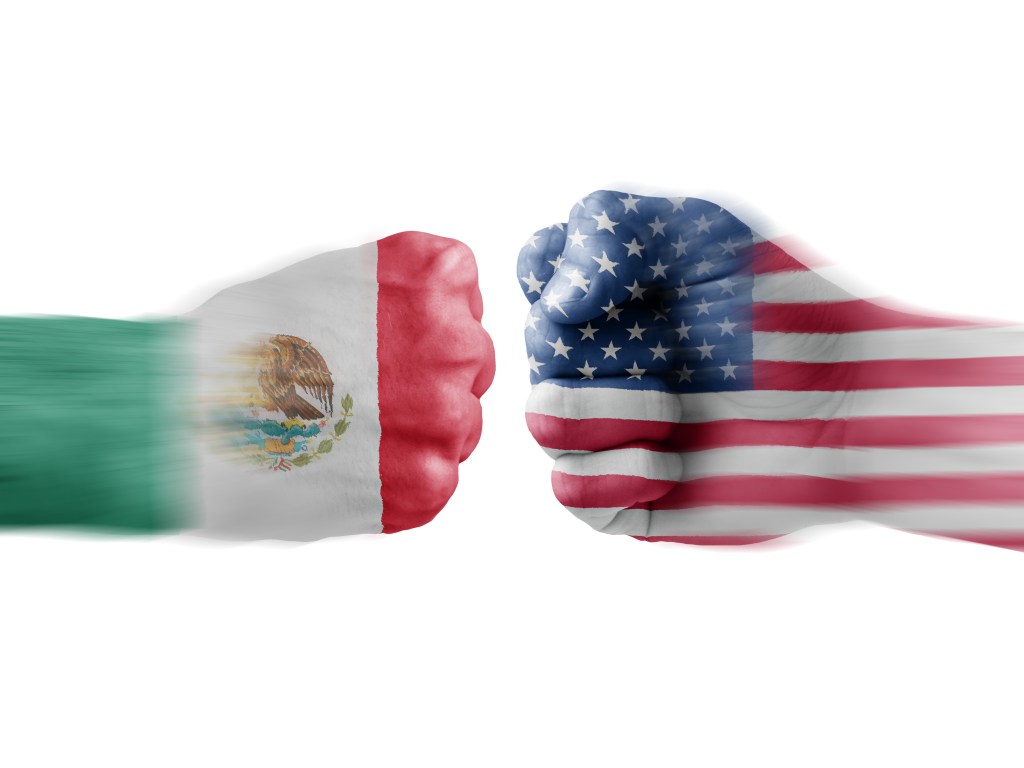
Ricardo Pascoe Pierce
López Obrador’s presidency attempts to return Mexico to the era of an economy controlled by guidelines emanating from the State and not so much from the market. He proposes an economy where the State is the monopolistic agent that determines who invests in the country, where, in which productive sectors, and in what volume they can invest. He envisions a state-monopolistic capitalism, with the market as its subject.

To a certain extent, this is how the national economy functioned under López Mateos, Díaz Ordaz, Echeverría and López Portillo. The State even ended up owning large, medium, and small companies. Airlines, banks, insurance companies, railroads, highways, shipping companies, hotels, oil, electric power, the steel industry, ports, telephony and communications, bicycles, china, toilet paper, glass and land transportation, and even a nightclub belonged to varying degrees and levels, to the Mexican State.

The main obstacle López Obrador’s government faces in achieving its dream to the full is the CUSMA/USMCA/T-MEC. This agreement, called initially NAFTA, constitutionally dismantled the state-ownership model that governed Mexico, returning the market to a central place in economic management. The treaty imposes legal responsibilities on Mexico to comply with domestic conditions that directly clash with the attempt to exclude U.S. and Canadian investment from key sectors of the economy where investors from those countries should have free access to participate.

Our partners object to the energy reforms in electricity generation and participation in the oil sector, corn imports, mining, pharmaceuticals, automotive, and some agricultural sectors, detecting violations to the spirit and letter of the CUSMA/USMCA/T-MEC.

To violate these precepts of the treaty signed by himself, AMLO has resorted to instruments of political pressure on investors, blackmail, threats, and the involvement of the Mexican Army in activities that imply violations of the CUSMA/USMCA/T-MEC.

But, at the same time, Mexico is living an economic reality that not even a tricky president can evade. The Mexican economy is structurally integrated with the U.S. domestic economy. The macroeconomic figures that the Ministry of Finance and the Bank of Mexico defend are in reference to the U.S. economy. Just consider what the border blockade of railroads full of products and parts for the productive integration of both countries represents for the economy and jobs in Mexico. No country in Latin America has the sui generis status of Mexico concerning the United States.

Mexico’s social, political, and economic stability depends on the balance and good performance in the relationship with the United States. No other country in Latin America has the degree of relationship integration with the United States that Mexico has. Beginning with the 20 million Mexican-Americans that inhabit that country.

However, President Lopez Obrador, imbued with a delusional spirit of leftist infantilism, kicks the relationship with the United States every chance he gets, allying himself with Cuba, Nicaragua, Venezuela, with Argentine Peronism and former President Castillo of Peru, harboring Ecuadorian criminals in our embassy and openly supporting Russia and China in their anti-American aspirations. He uses this childishness to defy the precepts of the CUSMA/USMCA/T-MEC, nationalizing companies, breaking with the principle of equal treatment, and an even playing field for the companies of the three signatory countries of the treaty.

The absurdity of what AMLO is doing is that he has no economic alternative to the CUSMA/USMCA/T-MEC. Hence, his conduct puts Mexico in a defensive position. Instead of advancing Mexico’s interests with our trading partners, he weakens us, playing radicalism and losing out on the long-term national interest.

Because, like it or not, Mexico’s future is determined by its global geographic location. We are not next to Russia or China. Our neighborhood is, implacably, our destiny. The intelligent thing to do is to build a practical and functional relationship to our national interest with that neighbor instead of being the stubborn kid in the neighborhood who will end up bent, possibly in the worst possible way.

[email protected]
@rpascoep
Further Reading:
